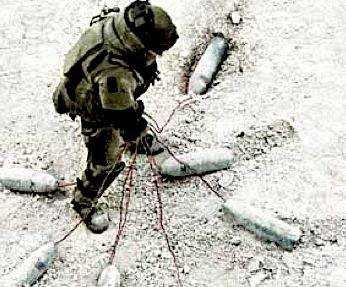 There’s been lots of talk about Ricky Rubio and all the he could potentially bring to the twolves. And while i think he’s pretty special, I’m also very excited about Johnny Flynn. What happened on draft day is that the the Timberwolves had ranked Flynn as #1 on their board of people they thought they could get (above Curry). Somehow Rubio dropped to the number 5 spot so they felt they had to choose him. Then with the number 6 they were faced with the option of choosing someone they believed was worse to fill the shooting guard spot or choose the best guy remaining which was Jonny Flynn. At least that is the explanation that the GM provided.
There’s been lots of talk about Ricky Rubio and all the he could potentially bring to the twolves. And while i think he’s pretty special, I’m also very excited about Johnny Flynn. What happened on draft day is that the the Timberwolves had ranked Flynn as #1 on their board of people they thought they could get (above Curry). Somehow Rubio dropped to the number 5 spot so they felt they had to choose him. Then with the number 6 they were faced with the option of choosing someone they believed was worse to fill the shooting guard spot or choose the best guy remaining which was Jonny Flynn. At least that is the explanation that the GM provided.
I was skeptical but i just watched this video (below) of Flynn’s summer league play and he looks fan-fricking-tastic. I’m very excited to see what he can do with KLove, Big Al and rest of the squad.
Also, i want to touch on the fact that Mad Dog Madsen was traded to the Clippers. While not the best player in the league i think he’s done a great job of communicating with the public. His blog is good read and he’s clearly a very smart dude (from Stanford). He’s missing Minnesota and I’ll miss him too.
Check this out:
![Reblog this post [with Zemanta]](http://img.zemanta.com/reblog_c.png?x-id=74368f56-7a63-4e22-8b7a-7fae1bf41fa3)
![Reblog this post [with Zemanta]](http://img.zemanta.com/reblog_c.png?x-id=ac187dfd-c2ee-4fb6-a9c8-3bef4c5f1c9d)
 n Iraq under enemy fire. It’s an absurdly dangerous job and he rellishes in it. The movie starts with a quote, “War is a drug” and it couldn’t be more true for William James.
n Iraq under enemy fire. It’s an absurdly dangerous job and he rellishes in it. The movie starts with a quote, “War is a drug” and it couldn’t be more true for William James.
 There’s been a lot of buzz about a month ago about how YouTube loses money and is a horrible business. Most of these articles came after Credit Suisse’s published an estimate of YouTube’s losses at $470M a year. This is a large number and people pounced on it. However, there is a good report i just read (
There’s been a lot of buzz about a month ago about how YouTube loses money and is a horrible business. Most of these articles came after Credit Suisse’s published an estimate of YouTube’s losses at $470M a year. This is a large number and people pounced on it. However, there is a good report i just read (


![Reblog this post [with Zemanta]](http://img.zemanta.com/reblog_c.png?x-id=381a47b6-44ab-4f33-b790-fd5787b4f9de)